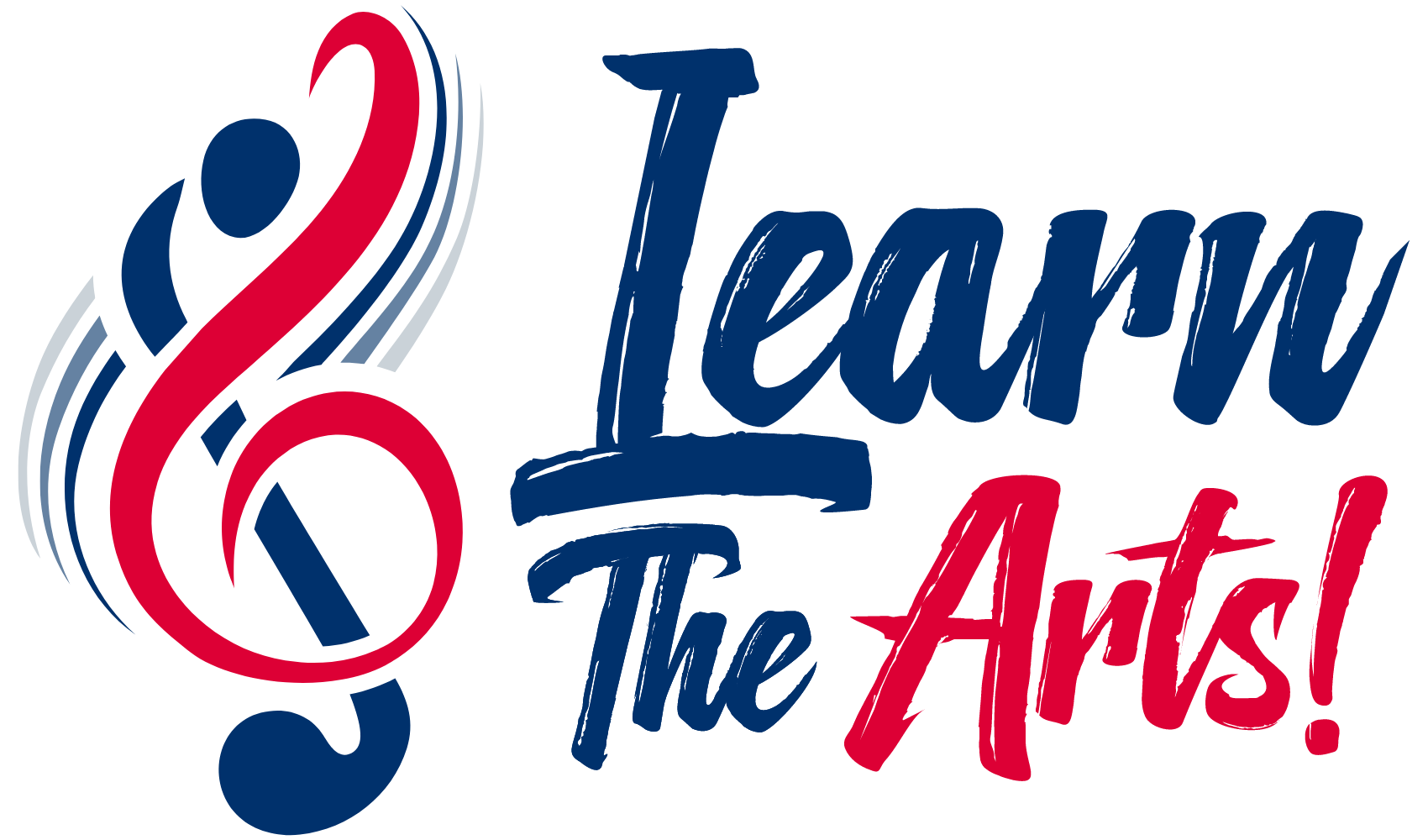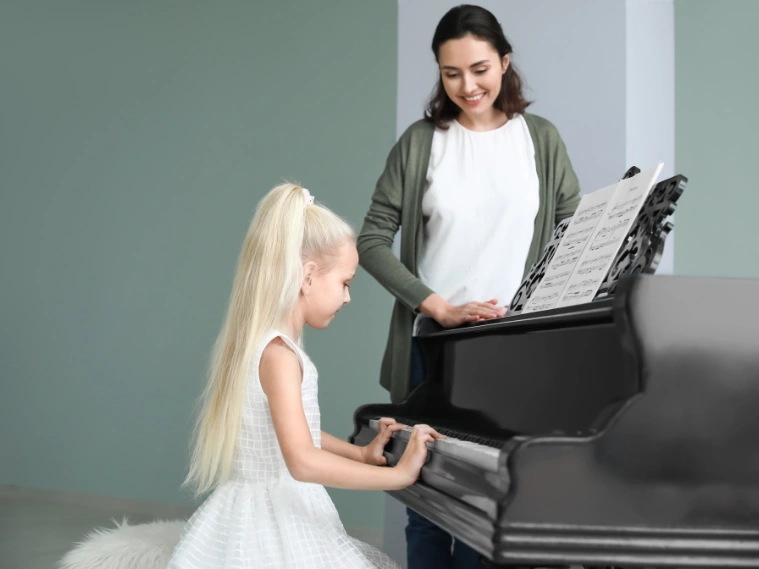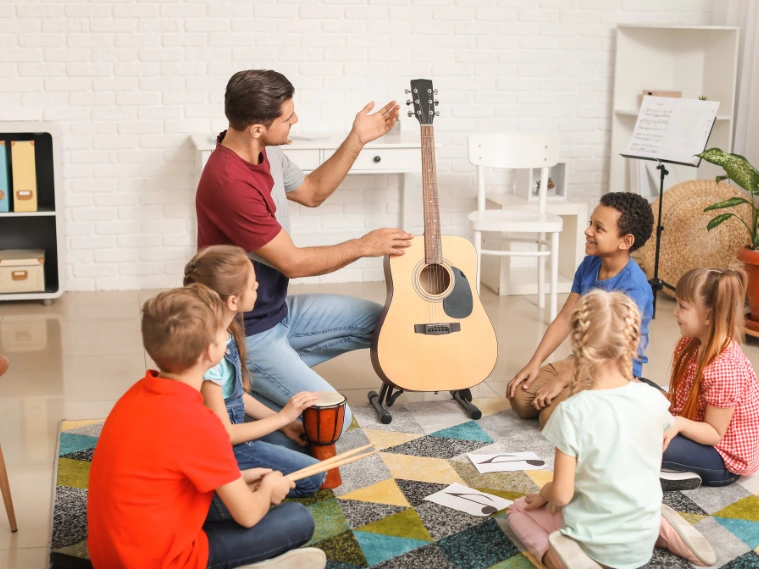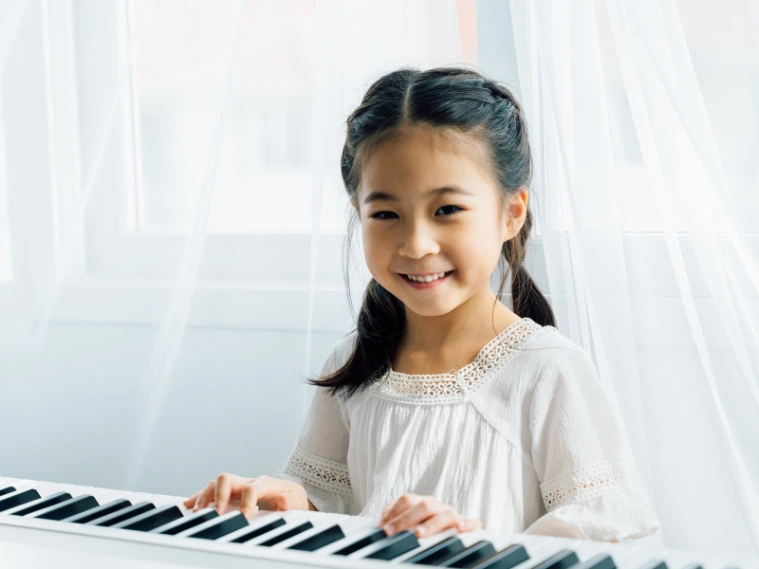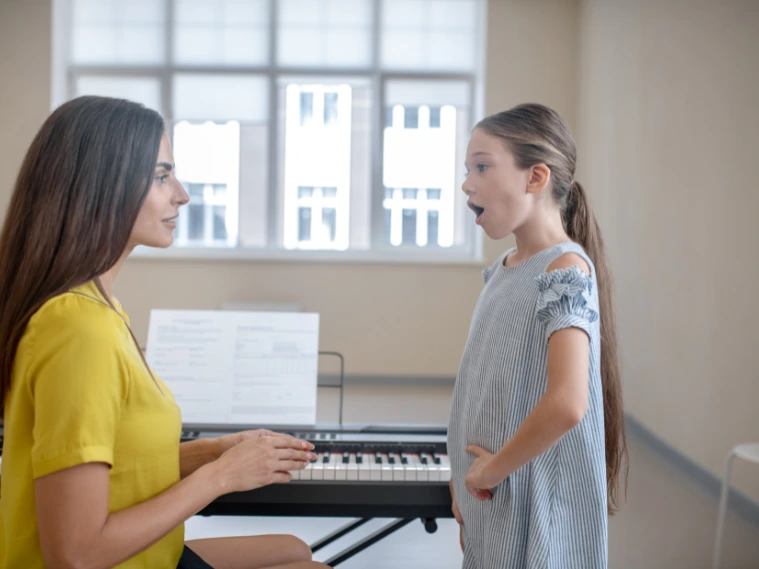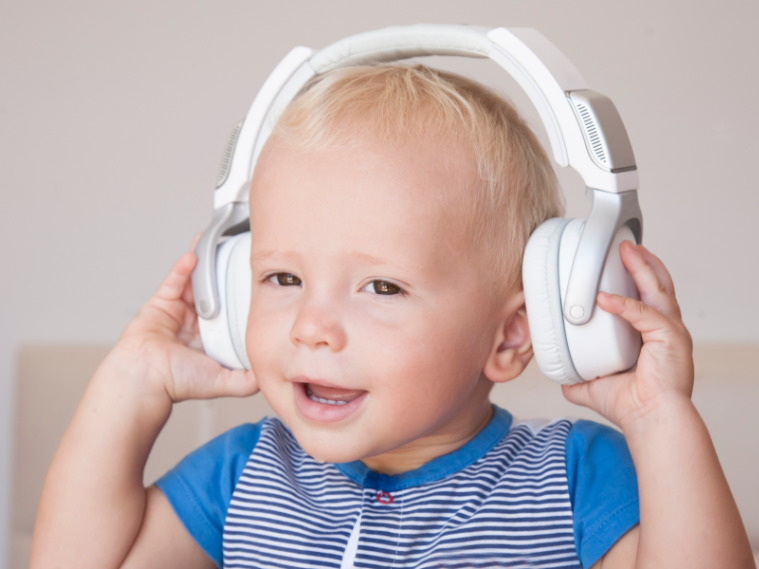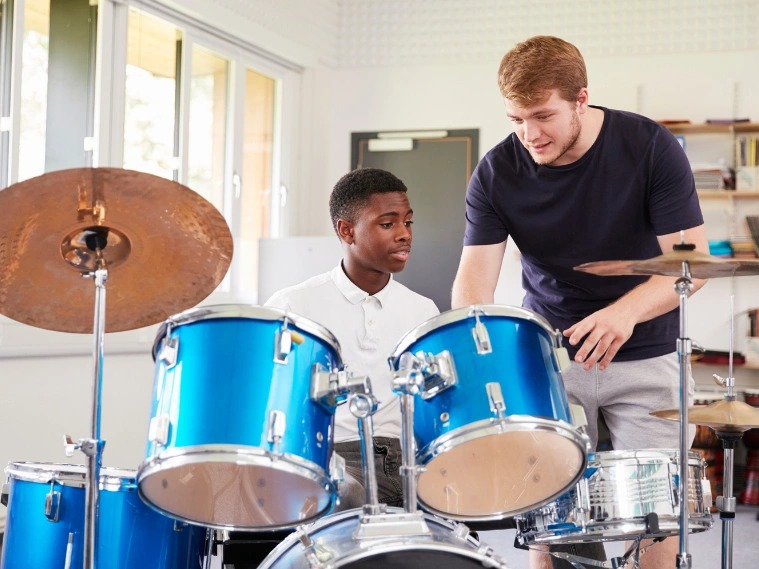Music, often associated with creativity and entertainment, harbors a range of unexpected benefits that go beyond mere auditory pleasure. Research continually reveals how learning music, irrespective of age, can significantly enhance various aspects of life. This article delves into eight surprising ways in which engaging with music can boost cognitive abilities, enhance brain health, reduce stress, build confidence, foster social interactions, and much more.
For centuries, music has been an integral part of human culture, providing an enriching avenue for emotional and intellectual exploration. Engaging with music not only entertains but also stimulates the mind, offering a unique blend of challenges and rewards. Moreover, music offers a tandem of intellectual pursuits and social engagement, drawing individuals into deeper self-awareness and community bonds.
From boosting brain plasticity to providing a creative outlet, the advantages of learning music are vast and varied. This article explores how picking up an instrument or vocal training can offer lifelong benefits, underscoring the myriad reasons why music should be a part of everyone’s journey, no matter their age.
Boosting Cognitive Abilities
Engaging in music lessons is a powerful way to boost cognitive abilities and maintain mental sharpness, regardless of age. Research shows that music training enhances memory capacity and the brain’s ability to effectively store and recall information. Musicians often demonstrate superior cognitive flexibility, improved neural connections, and sharper memory recall compared to those without musical training.
Learning an instrument stimulates the brain in a manner similar to learning a new language, primarily by engaging the left hemisphere. This part of the brain is responsible for processing complex sequences and structures, enhancing verbal fluency and problem-solving skills.
Table: Cognitive Benefits of Music Training
n children, musical training has shown noticeable improvements in vocabulary and executive function, reflecting the transfer effects on cognitive skills from even short-term engagement. Overall, the benefits of music extend beyond mere enjoyment, serving as a significant contributor to brain health and cognitive development.
Enhancing Brain Health and Plasticity
Musical training is a powerful tool for enhancing brain health and plasticity, benefiting individuals well into older adulthood. Engaging in music lessons stimulates neural connections, enhancing memory, attention span, and problem-solving abilities. This continuous mental exercise promotes neuroplasticity, keeping the brain active and adaptable.
Learning music enhances auditory processing and overall brain function, providing lasting cognitive benefits. It bolsters memory retention and sharpens focus, effectively slowing cognitive decline as we age. Lifelong musicians typically demonstrate superior memory and attention skills, showcasing the long-term advantage of musical activities.
Furthermore, musical training positively impacts both auditory and motor functions. Even those who begin music lessons in adolescence experience significant improvements in hand-eye coordination and other motor skills. This underscores the inclusive benefits of starting at any age.
Overall, learning music offers myriad cognitive and neural benefits, reinforcing the power of music as a universal language that fosters brain health across the lifespan.
Reducing Stress and Anxiety
Engaging with music, whether through listening or playing, offers significant benefits in reducing stress and anxiety. Playing an instrument can lower cortisol levels, promoting relaxation. Moreover, music-based activities prove as effective as traditional therapies to enhance mood and build emotional resilience. This underscores the power of music in mental health care.
Calming melodies or active music participation can alleviate anxiety symptoms. This is attributed to the release of dopamine and serotonin—neurotransmitters linked to happiness and mood regulation. Such brain function enhancements lead to prolonged mental well-being.
Music also promotes mindfulness. Focusing on rhythm and melody helps divert anxious thoughts, fostering a peaceful mind. For those looking for natural stress relief, engaging with music provides an accessible and enjoyable option.
Here’s a quick look at how music impacts stress and anxiety:
Incorporating music lessons or listening sessions can be beneficial at any age, highlighting the universal language of music as a tool for emotional expression and mental health improvement.
Building Confidence and Self-Esteem
Engaging in music offers a powerful way to build confidence and self-esteem. Performing music in front of an audience allows individuals to showcase their abilities, gain recognition for their talents. This public display of skill not only boosts self-worth but also encourages further development.
Music lessons provide structured challenges. Overcoming these challenges fosters a sense of achievement and enhances self-esteem. Feedback from instructors and peers is invaluable, offering guidance and encouragement that builds confidence.
Mastery of musical instruments or vocal skills also enhances self-expression. This personal growth reduces anxiety and contributes to a stronger sense of identity. The process of learning and performing music teaches resilience as individuals learn to tackle and overcome difficulties, fostering perseverance.
Key Benefits:
- Sense of Achievement: Overcoming challenges in music lessons boosts self-worth.
- Public Performance: Showcasing skills builds confidence and recognition.
- Feedback: Instructor guidance enhances self-esteem.
- Self-Expression: Mastery reduces anxiety and strengthens identity.
- Resilience: Music teaches perseverance through challenges.
In summary, engaging in musical activities not only enriches skills but also significantly enhances confidence and self-esteem.
Fostering Social Connections and Collaboration
Engaging in musical activities, such as bands, orchestras, or community choirs, significantly enhances social connections and fosters collaboration. These group settings require participants to coordinate and listen closely to one another, thereby improving teamwork and communication skills. Such collaborative efforts are crucial for social growth in children as they learn to work together harmoniously.
For adults, participating in group music activities like jam sessions offers opportunities for social engagement, helping to reduce feelings of loneliness and isolation. The act of making music together increases empathy and social bonding, fostering stronger emotional connections among participants.
Music also acts as a universal language, bridging cultural divides and encouraging cultural exchange. Individuals from diverse backgrounds can connect through a shared appreciation of music, promoting understanding and mutual respect.
In summary, group musical activities enhance key social skills and promote mental health by creating a sense of belonging and community. Whether through formal music lessons or informal jam sessions, the power of music can be a profound tool for fostering social connections and collaboration across all ages.
Encouraging Discipline and Patience
Learning music requires a high level of commitment and perseverance, fostering discipline among musicians of all ages. The structured nature of music training emphasizes the importance of consistent practice, which is crucial in developing discipline and patience. As individuals dedicate themselves to mastering a piece, they inevitably refine their time management skills, learning to prioritize and focus effectively on various tasks.
Regular music practice helps build a routine, reinforcing discipline that extends beyond music into other aspects of life. Musicians learn to navigate the natural ebb and flow of day-to-day enthusiasm, cultivating patience as they persist through challenges inherent in mastering musical techniques.
Benefits of Music Practice:
- Cultivates Discipline: Consistent practice builds a structured routine.
- Enhances Patience: Persists through learning challenges.
- Improves Time Management: Balances tasks effectively.
The discipline and patience fostered through music learning are valuable life skills that benefit musicians both in and outside the realm of music. By committing to regular practice, individuals not only improve their musical abilities but also develop habits that enhance overall productivity and resilience.
Providing a Creative Outlet
Learning music offers a myriad of creative benefits for individuals across all ages. It serves as a powerful form of self-expression, enabling people to explore and convey emotions creatively. By turning nervous energy into creative energy, musical activities, whether through playing an instrument or singing, facilitate personal growth and innovation.
Music nurtures creativity and fosters innovative thinking, encouraging individuals to think outside the box and explore new ideas. Whether it’s through piano lessons or jam sessions, music lessons inspire individuals to harness their creative potential. This emotional release is not only a form of creative self-expression but also a unique non-verbal outlet for deep-seated emotions.
Key Creative Benefits of Learning Music:
- Nurtures creativity and innovative thinking
- Facilitates emotional expression and release
- Encourages exploration of new ideas
- Provides a non-verbal outlet for emotions
- Supports personal growth through artistic expression
Engaging with music transforms the abstract into the tangible, offering a valuable sense of achievement and contributing to overall mental health and well-being. In essence, the power of music lies in its ability to inspire and emotionally connect individuals, turning creativity into a lifelong journey.
Supporting Lifelong Enjoyment and Skill Development
Engaging in music is a lifelong journey that can be pursued at any age, offering continuous intellectual and creative stimulation. Learning music provides cognitive benefits by improving the brain’s adaptability and enhancing multisensory skills through the integration of sound, sight, and touch.
The mastery of musical instruments or vocal skills builds self-confidence, contributing to a positive self-image and personal satisfaction. Moreover, music education cultivates essential life skills such as discipline, perseverance, and goal orientation, which are transferable to various personal and professional areas.
Music can also foster cultural appreciation, broadening individuals’ understanding and empathy through exposure to diverse global musical traditions. This exposure enhances emotional expression and encourages a richer social connection.
Benefits of Learning Music:
- Enhances cognitive abilities and brain function
- Builds self-confidence and a sense of accomplishment
- Cultivates discipline and perseverance
- Fosters cultural appreciation
- Develops multisensory skills
Whether it’s through piano lessons, music therapy, or jam sessions, the integration of musical activities at any stage of life supports not only mental health but also lifelong enjoyment and skill development.
Conclusion
In conclusion, the journey of learning music at any age is rich with surprising benefits that extend beyond just the joy of making music. From enhancing cognitive abilities and fostering creativity to building self-confidence and encouraging cultural appreciation, the impact of music education is profound and multifaceted.
Whether you are picking up an instrument for the first time or returning to one after many years, embracing music can lead to personal growth and fulfillment. It is a powerful medium for emotional expression and a catalyst for building essential life skills, making it an invaluable addition to anyone’s life.
So, regardless of your age or background, consider embarking on the musical journey to explore its limitless possibilities, enrich your life, and connect with the broader cultural tapestry that music offers. Embrace the music, and let it be a lifelong companion of joy and learning.
